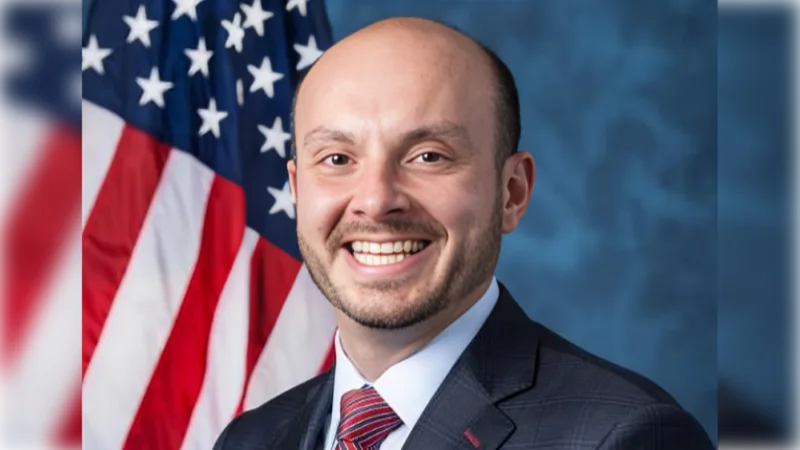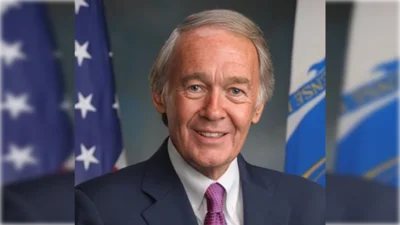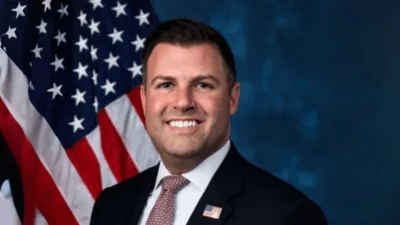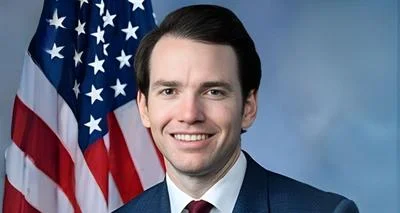House Committee on Homeland Security Chairman Andrew R. Garbarino has emphasized the need for stronger cooperation between government and private industry to address growing cyber threats, particularly from nation-state actors such as China, Russia, Iran, and North Korea. In an op-ed published in CyberScoop during Cybersecurity Awareness Month, Garbarino highlighted the increasing frequency and severity of cyberattacks targeting critical infrastructure in the United States.
Garbarino noted that attacks by groups like Salt Typhoon and Volt Typhoon reflect ongoing efforts by the Chinese Communist Party to steal intellectual property, surveil officials, and position themselves within U.S. infrastructure. He also pointed out that most critical infrastructure is owned or operated by private entities, making public-private partnerships essential for national cyber defense.
"Their battlefield of choice is cyberspace," Garbarino wrote. "Cybersecurity is the preeminent challenge of our time, and threats to our networks impact far more than just our data––they impact the resilience of our communities, the continuity of our economy, and the security of our homeland."
He called for a proactive approach built on continuous collaboration between government agencies and industry stakeholders. Garbarino stated: "Addressing these heightened threats requires more than reactive measures. It demands a proactive cybersecurity posture built on continuous collaboration between the government and industry."
The chairman urged Congress and the Trump administration to ensure that private sector representatives have meaningful input in shaping cybersecurity policy. He outlined priorities such as preserving strong information sharing frameworks, reducing redundant compliance requirements for businesses, strengthening the cyber workforce, supporting state and local governments, and leveraging emerging technologies.
Garbarino expressed concern over lapses in key cybersecurity tools due to a government shutdown. He advocated for Senate Democrats to pass a House Republican resolution that would extend the Cybersecurity Information Sharing Act of 2015—legislation he described as foundational for enabling honest exchanges about cyber threats while protecting privacy rights.
"For the last decade, the Cybersecurity Information Sharing Act of 2015 provided an essential foundation for this partnership," he said. "This framework also protects the privacy and civil liberties of American citizens when cyber threat information is shared."
He cited testimony before his committee indicating that compliance burdens are taking up significant resources within organizations: “bank Chief Information Security Officers now spend 30-50 percent of their time on compliance and examiner management. The cyber teams they oversee spend as much as 70 percent of their time on those same functions.”
Garbarino stressed that regulations should encourage real security improvements rather than diverting attention from core defensive activities. He also pointed out that high regulatory costs contribute to increased expenses from data breaches in the U.S., which reached $10 million per incident—about double the global average.
He further addressed workforce challenges by noting a shortage of 500,000 skilled cybersecurity professionals nationwide. Garbarino suggested that artificial intelligence could help fill some gaps but warned about adversaries’ use of AI for offensive operations.
"Where that gap persists, artificial intelligence (AI) can serve as a force multiplier for our cyber defenders," he wrote. However, he cautioned against excessive or poorly coordinated regulation that could hinder innovation while calling for security considerations throughout AI’s development.
Garbarino concluded by underscoring trust and collective action as necessary components for advancing national cybersecurity goals: "Cybersecurity remains vital for the safety, security, and prosperity of the American people. We must decide the future of our national cyber defense before our adversaries decide it for us."








